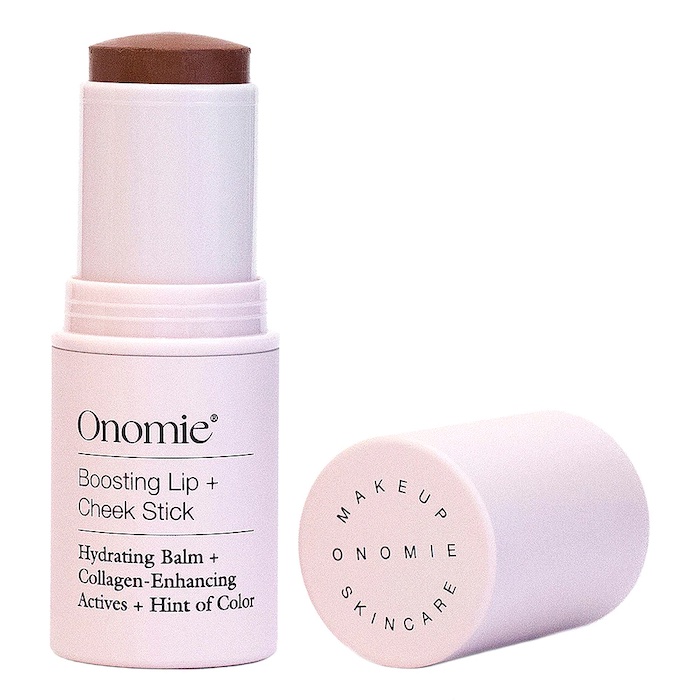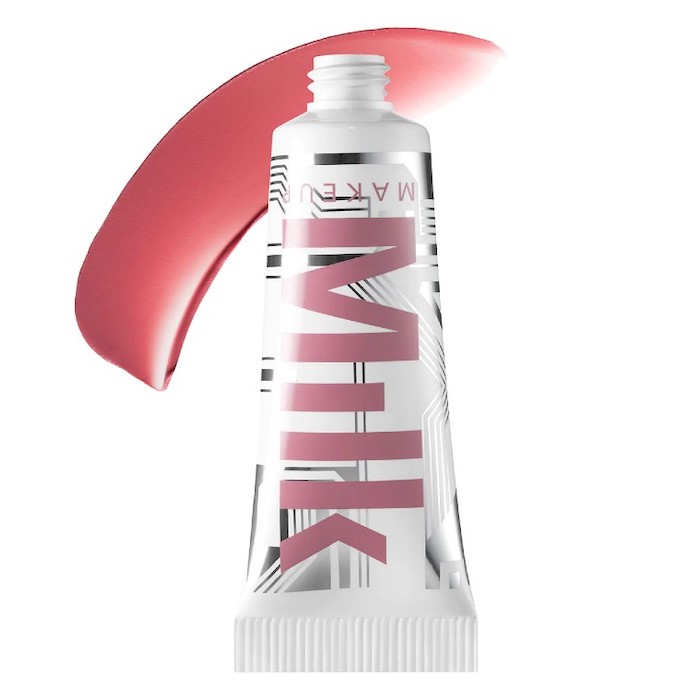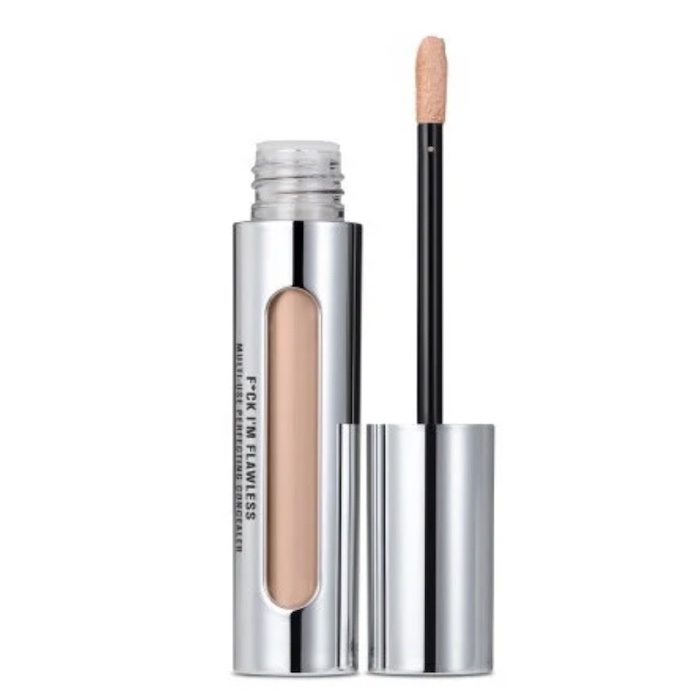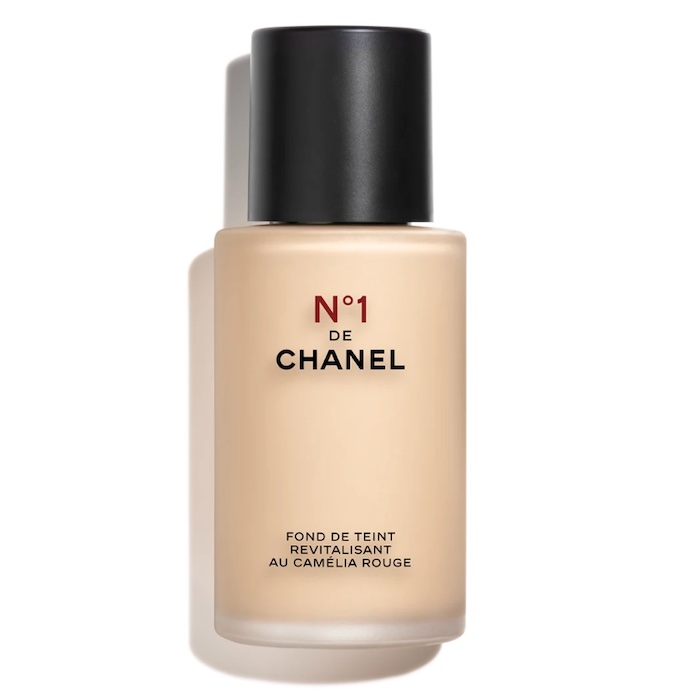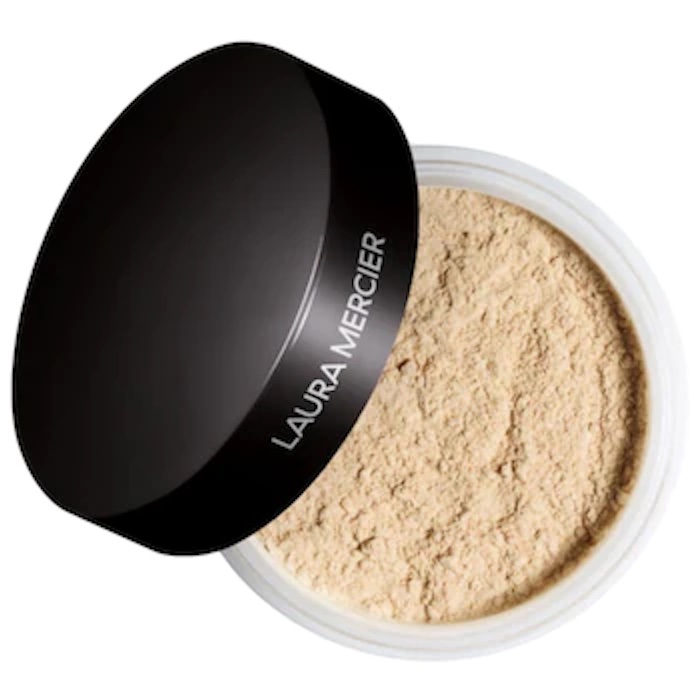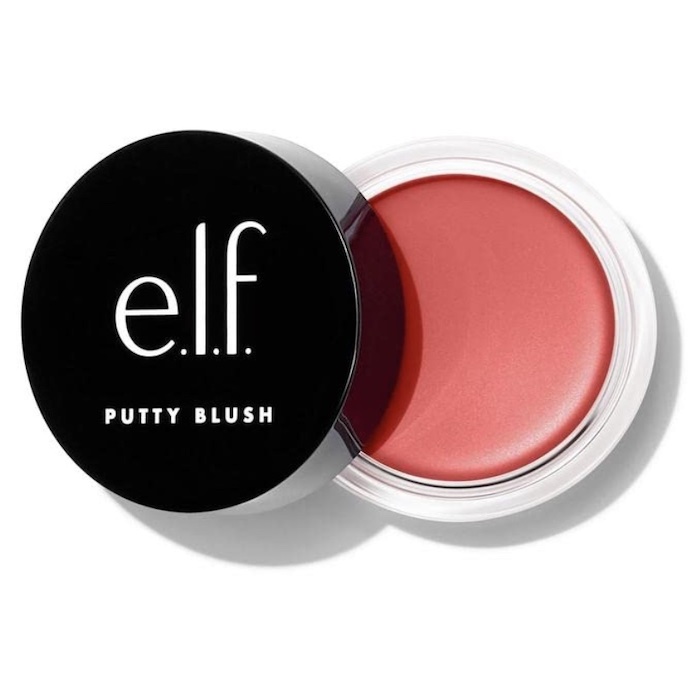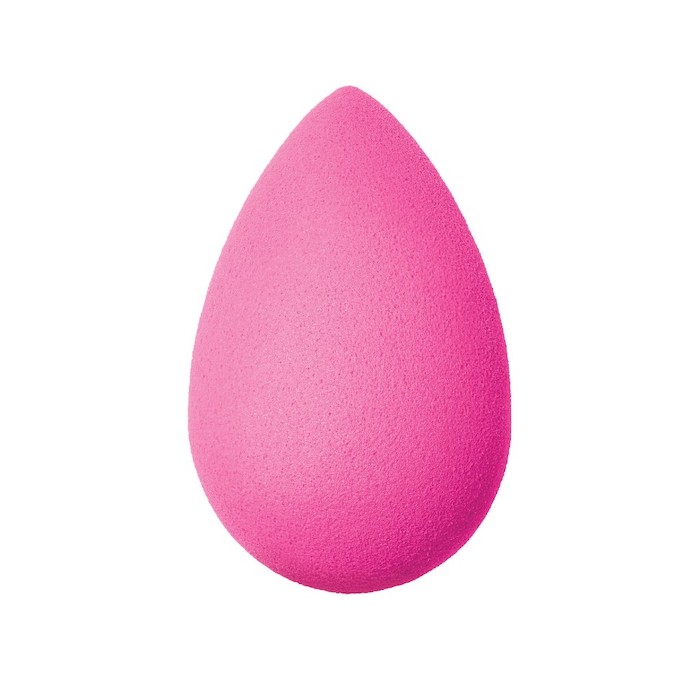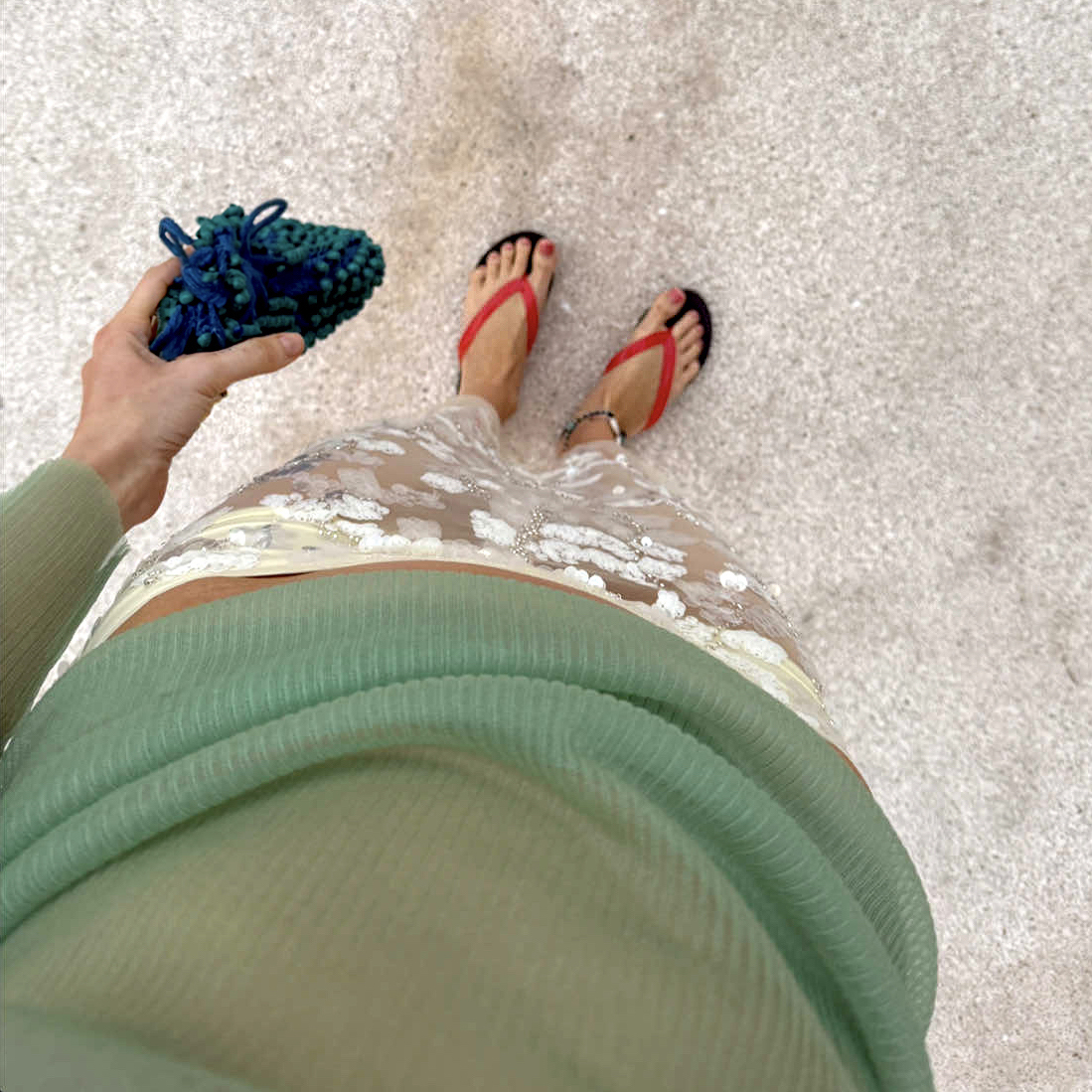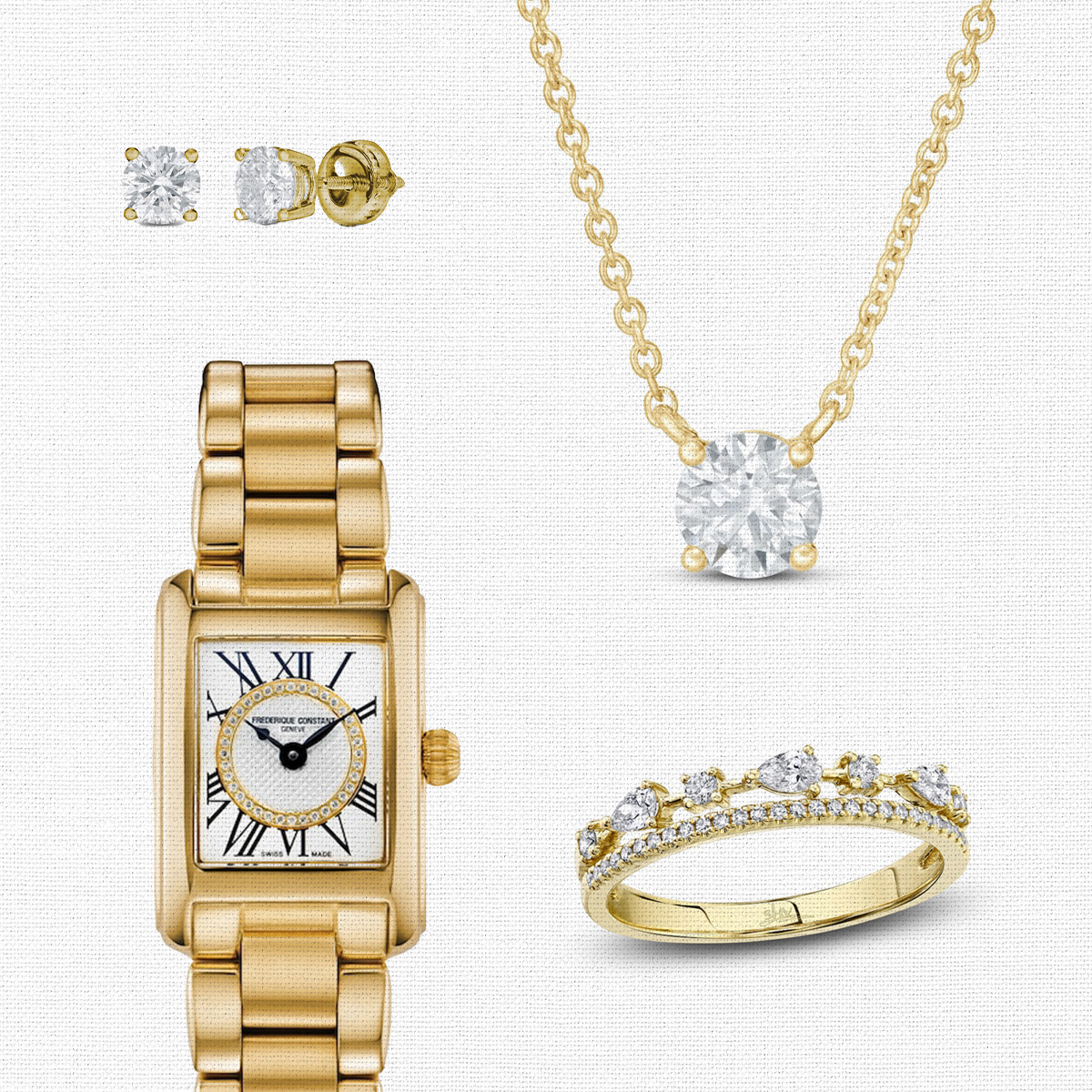"Underpainting" Is TikTok's Favorite Technique for Natural-Looking Makeup
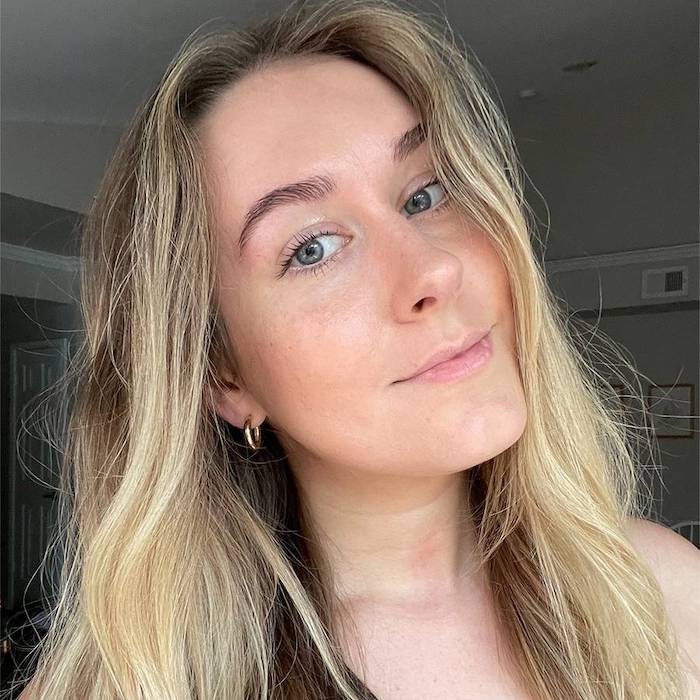
As anyone who has a TikTok account knows, opening the app for a quick and innocent scroll usually devolves into an hour-long activity of watching makeup tutorials and learning about new techniques. (Or is that just me?) The latest one that's making the rounds on the social media platform is called "underpainting." While this makeup application method isn't anything new, it's currently blowing up on TikTok, and everyone from beauty influencers to editors and celebrities is taking part in it.
Monika Blunder, celebrity makeup artist and founder of her namesake beauty brand, is here to explain what it is and why it's so popular right now. "As the name implies, you're painting on your blush, bronzer, and contour under your foundation," she says. "When done right, the foundation laying on top softens the makeup underneath and almost makes it look like your blush and contour are living under the skin."
Celebrity makeup artists Scott Barnes and Mary Phillips are apparently big fans of this technique (their clients include Jennifer Lopez and Kendall Jenner and Hailey Bieber, respectively), so of course, my interest was piqued. Keep scrolling to learn everything you need to know about the underpainting makeup trend and see what happened when I tried it.
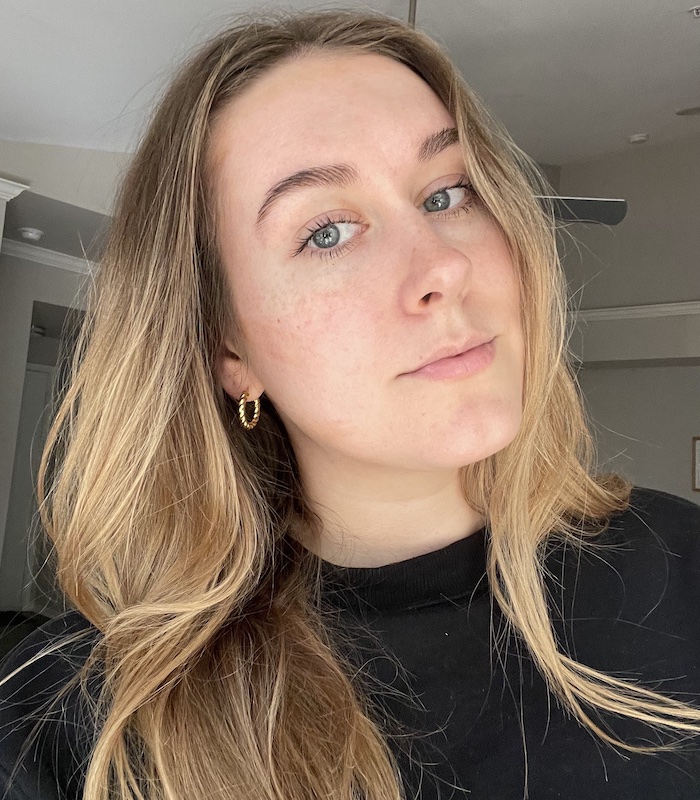
This is my skin without a lick of makeup on. As you can see, I struggle with a lot of visible redness on my forehead, nose, and cheeks thanks to rosacea, so I was curious how this application method would work for me. Blunder told me to prep my skin like normal, then apply my blush, bronzer, contour, and concealer in the same areas I normally would—before I apply foundation. (You can also apply a highlighter, but since my skin has been particularly shiny lately, I decided to forgo this step.) While this felt incredibly backward to me, I trusted the process.
Blunder also told me to increase the intensity of my blush, bronzer, and contour by 20% "because you want it to show through your foundation." She also warned me not to use a high-coverage foundation, which could totally defeat the purpose. "Apply a very thin layer of light/medium-coverage foundation over top, being careful not to drag or move the blush and contour underneath. However, it's easy to apply too much foundation at the end or choose a foundation with too much coverage, which will erase the blush and bronzer you applied overtop," she says. "It's a delicate balance."
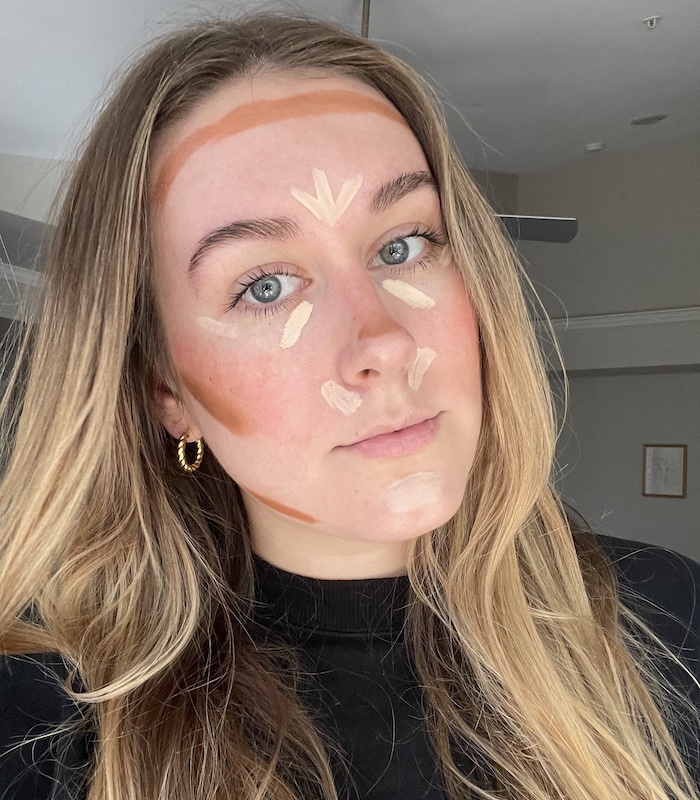
Here's my take on the underpainting trend. As you can see, I was experiencing a perfectly timed rosacea flare-up while taking this picture (yes, that was sarcasm), but I followed instructions and only placed my contour, blush, and concealer where I normally would. I decided to leave bronzer out of the equation since I only had powder formulas on hand and used only products with a creamy consistency for better blendability. Side note: I don't know if you can tell, but I was, in fact, wearing a cream blush. My rosacea flare-up just made it look like I wasn't.
The Products I Used
Even though this is technically a lip and cheek stick (meaning it should really be used more like blush than anything else), I've been using it as a contour for years. The color is the perfect shade match for me, it's incredibly easy to blend, and it warms up my skin in a way I love.
As for blush, I used this liquid-cream one from Milk Makeup. I was introduced to it via Hailey Bieber. Well, kind of. I watched a YouTube video of hers to learn about a cool blush hack she does. In the video, she uses this blush, so I decided to try it, too, and I've been using it ever since. I like the fact that it offers high-impact color. Seriously, I use the tiniest amount. I know the small tube of it will last me forever.
As for concealer, I used this one from Il Makiage, which I consider to be extremely underrated. Not only is the shade range incredible, but it's also smooth and easily blendable and covers all the imperfections I want it to.
Finally, I blended everything out with this Chanel foundation (my all-time favorite) and a damp Beautyblender ($20). This foundation has a beautiful dewy, natural-looking finish, and I would describe it as having light-to-medium coverage.
Since both the contour product and foundation I used had dewy finishes, I decided to pare back some of the shine in my T-zone using a translucent powder. This one is iconic and for good reason. It's sheer and silky, and it never makes my skin look cakey.
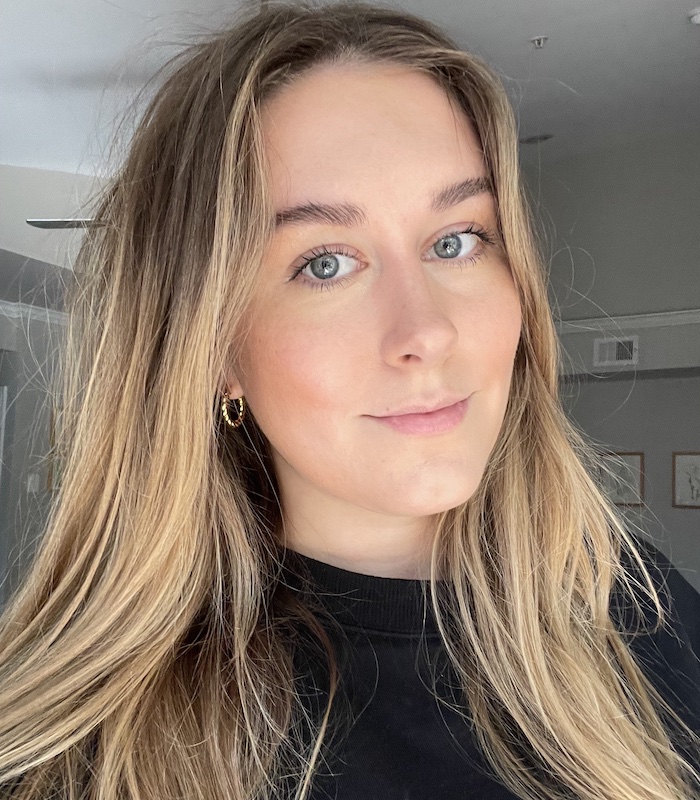
Here's the result. I was actually pleasantly surprised to find that this technique was able to cover my excess redness while still maintaining a natural-looking finish. Actually, I was more than surprised. I was pretty shocked.
While I loved the result, I don't know if I loved it enough to do this every time I apply makeup, as getting the intensity of the contour, concealer, and blush right is trickier than it might seem. I think this is something I'll save on occasions when I want to ensure a super-seamless finish, but otherwise, I think I'll stick to my normal makeup application method—foundation first, then concealer, contour, and blush.
Blunder says it best. "Honestly, I don't see it being too helpful in most people's makeup routine," she says. "But I do use a similar technique sometimes if I feel like I've applied too much blush or bronzer on accident. I'll take a tiny bit of my foundation (Blunder Cover works so well for this) and really lightly buff it overtop the areas I want to tone down. That trick works wonderfully, but I never do a face with the intention of underpainting. It's more of a corrective tool for me."
Shop More Must-Have Makeup Products for Underpainting
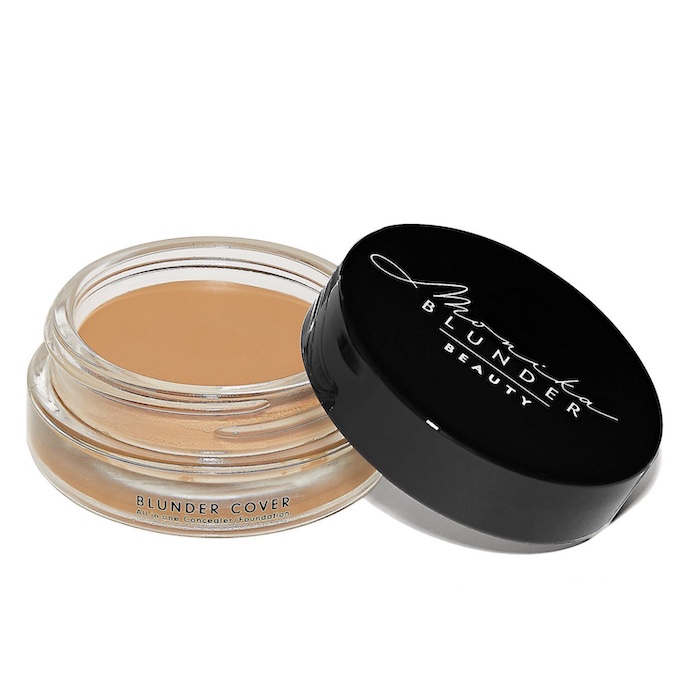
This is the foundation-concealer hybrid Blunder recommends. It's from her namesake beauty brand. If you get it in a lighter shade, it can also be used as a highlighter. If you get it in a darker shade, it can be used as a contour. It's a true multitasking product.
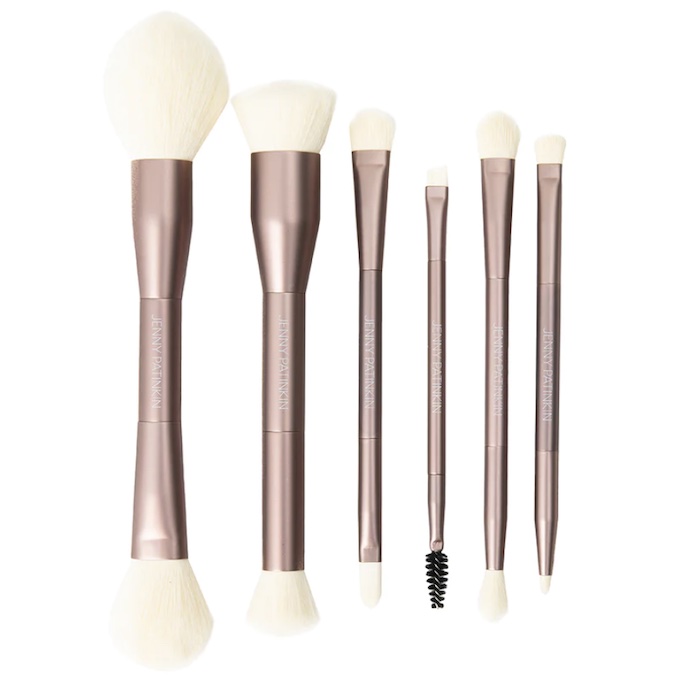
This brush set is so pretty and so luxurious.
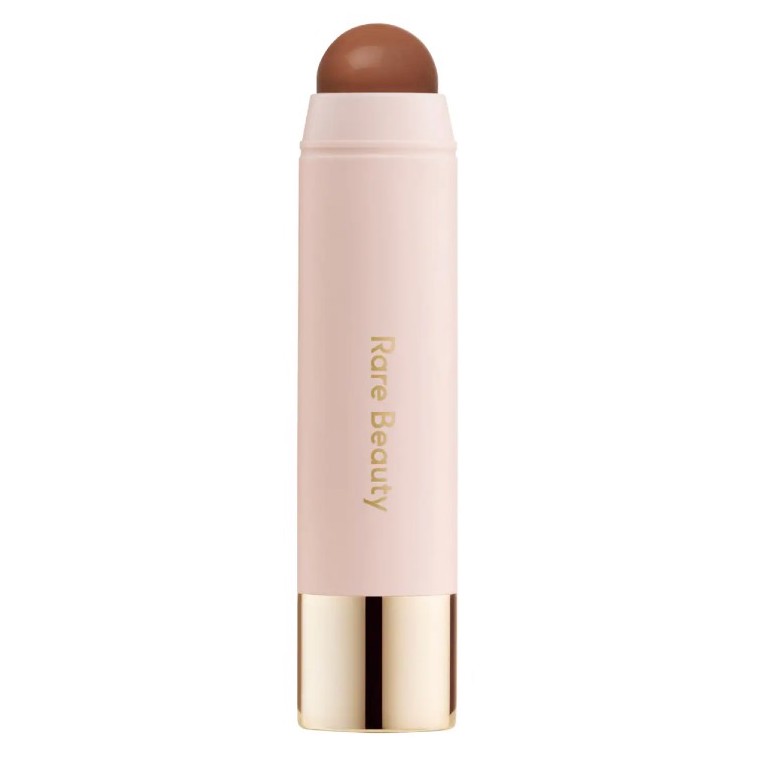
Here's another easily blendable bronzer/contour stick.
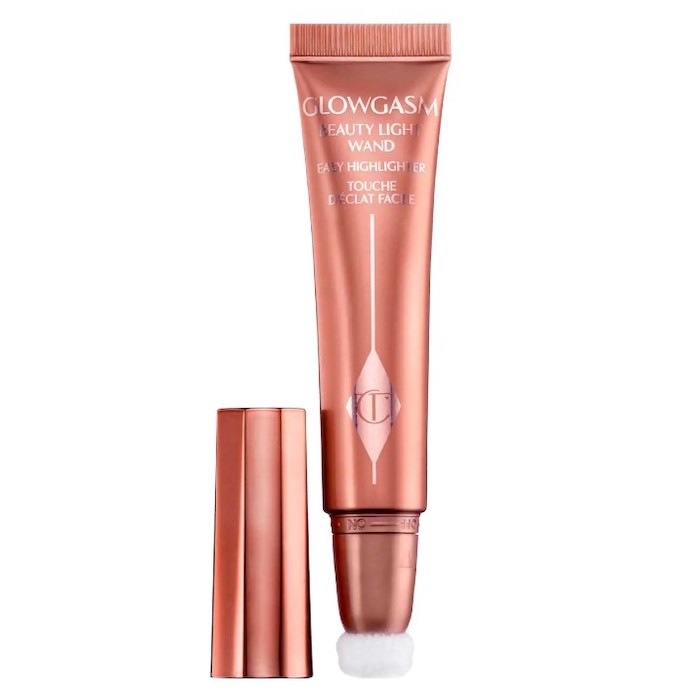
If you want to include a highlighter in your underpainting technique, this one is a great option. It looks so pretty on the skin.
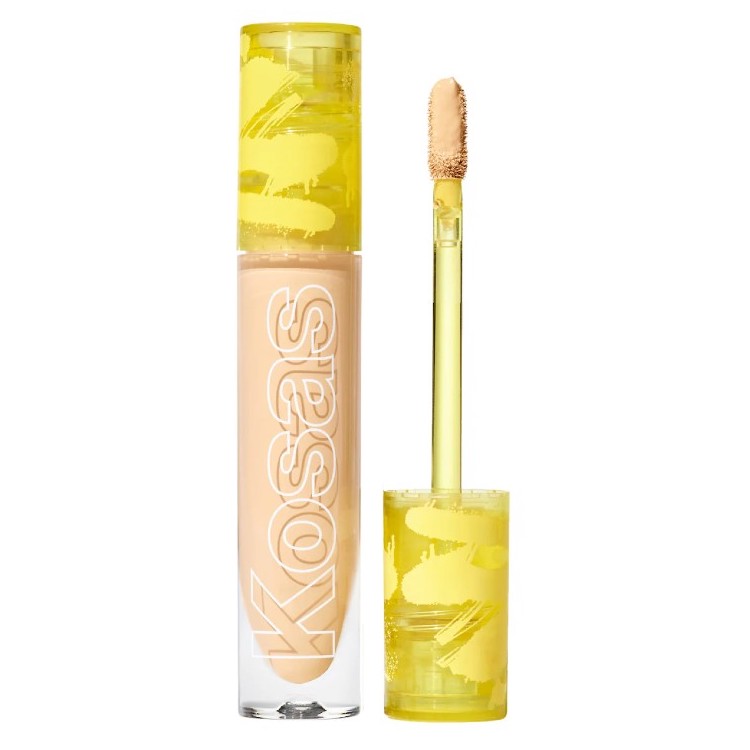
This concealer is one of my favorites. It's so creamy.
Next, Kendall Jenner's Makeup Artist's Genius Hack Will Make You Look Sculpted AF

Kaitlyn McLintock is a Beauty Editor at Who What Wear. She has 10 years of experience in the editorial industry, having previously written for other industry-leading publications, like Byrdie, InStyle, The Zoe Report, Bustle, and others. She covers all things beauty and wellness-related, but she has a special passion for creating skincare content (whether that's writing about an innovative in-office treatment, researching the benefits of a certain ingredient, or testing the latest and greatest at-home skin device). Having lived in Los Angeles, California, and Austin, Texas, she has since relocated back to her home state, Michigan. When she's not writing, researching, or testing beauty products, she's working through an ever-growing book collection or swimming in the Great Lakes.
